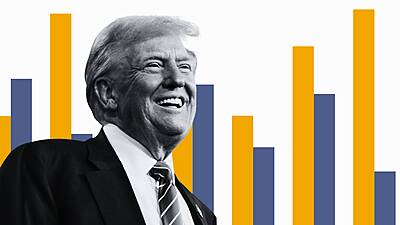
China’s WuXi Biologics has confirmed it will sell its vaccine facility in Ireland to US drugmaker Merck & Co for about €500 million.
The WuXi Biologics facility is located in Dundalk, Co Louth, in the IDA Science and Technology Park.
WuXi invested €200 million in 2019 to build the plant, which currently employs 200 people, alongside a biologics facilities it continues to operate. MSD says it will add 150 jobs to the Dundalk plant over the coming year.
The plant has been working exclusively with MSD on a 20-year vaccine supply contract since it was formally opened. The two companies said the transition is expected to be completed in the first half of the year.
WuXi currently manufactures drug substance and vaccine products at the 15,520sq m plant, which also houses quality control labs.
Taoiseach Simon Harris said the announcement was “highly welcome” and a “tremendous vote of confidence in the people of Dundalk and Co Louth”.
It comes after the Financial Times had reported in October that WuXi and WuXi AppTec are planning to sell some of their operations, ahead of looming US legislation that would restrict their business in the United States.

Ireland How vulnerable is Ireland to Trump’s tariffs? Read More
The US House of Representatives passed a bill called the Biosecure Act in September that would prohibit federal contracts with targeted firms and those that do business with them.
The legislation must pass the US Senate before it can be sent to the president to be signed into law.
The bill is designed to keep Americans’ personal health and genetic information from foreign adversaries and to push local pharmaceutical and biotech companies to reduce their reliance on China for everything from drug ingredient manufacturing to early research.
WuXi AppTec had said in December its units had signed a deal with US-based private equity firm Altaris LLC for the sale of its cell and gene therapy manufacturing unit, WuXi Advanced Therapies, for an undisclosed sum.
Sourse: breakingnews.ie